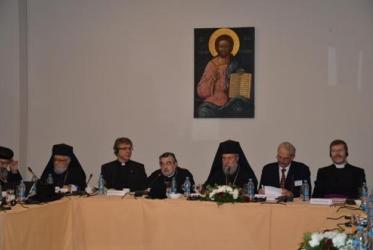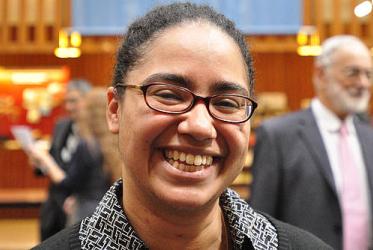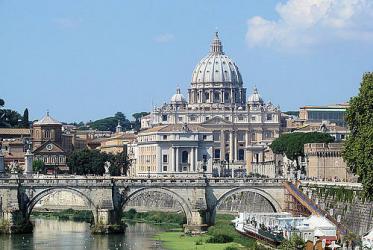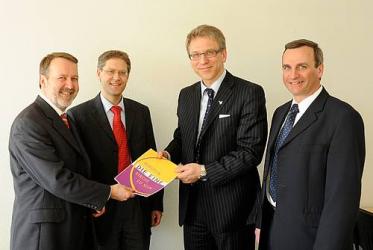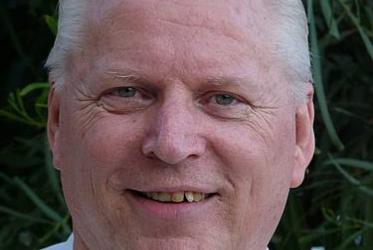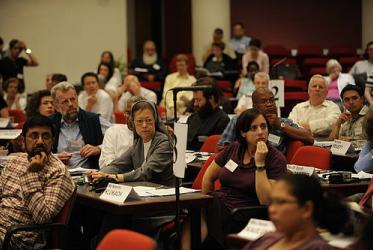Displaying 161 - 180 of 405
07 April 2011
Migrant churches challenge old understanding of mission
25 November 2010
Text and Context: The Nature and Mission of the Church
13 October 2009
Faith and Order: Emerging coherence and changes of patterns
13 October 2009

